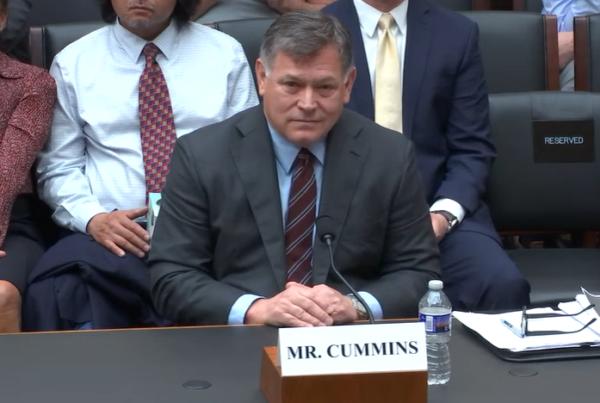On Thursday, the Arkansas Board of Corrections met in Malvern, to conduct business. This meeting was not open to the public and was restricted to select news outlets, so we could not attend. Along with a limited attendance policy, they also made it clear that no devices were allowed, including cell phones, laptops, etc., which could be jail protocol but interesting nonetheless. Lastly, there was no virtual Zoom attendance option or live stream of the meeting. The topics on the agenda included new positions, population updates, and bed expansion.
WHAT IS THE BOARD OF CORRECTIONS?
The Arkansas Board of Corrections is the governing board of the Department of Corrections. The Board is made up of seven members appointed by the Governor for seven-year terms that are staggered. According to their website, the responsibility of the Board of Corrections is to “manage correctional resources in the state such that offenders are held accountable for their actions, victims’ needs are addressed in a positive manner, and the safety of society is enhanced.”
PAST TROUBLES WITH THE BOARD
Since her inauguration, Governor Sarah Huckabee Sanders has had ongoing conflicts with the Board, specifically concerning the capacity and operations of Arkansas prisons. Sanders wants to add beds to the state prisons, while the Board has expressed concerns about prisons being understaffed and safety concerns. Additionally, Attorney General Tim Griffin filed a lawsuit against the Board last year, alleging that the Board violated the Freedom of Information Act when hiring an attorney to represent them in a lawsuit against the Governor and former Board member Joe Profiri.
TRANSPARENCY IN JUSTICE
Transparency and accountability are essential to a fair and equitable criminal justice system. Decisions made by governing bodies should be open to public scrutiny, fostering trust and ensuring that justice is administered in a manner that reflects the values of the community. In Arkansas, the Board of Corrections holds significant authority over the state’s correctional system, making its decisions significant to both inmates and citizens alike. It is disappointing that we were not able to witness decisions being made about the welfare of our community, and we hope things can change in the future.





